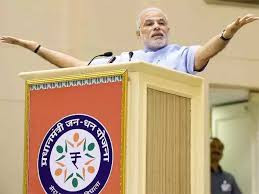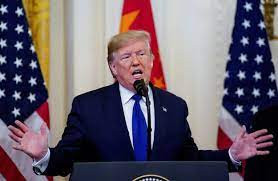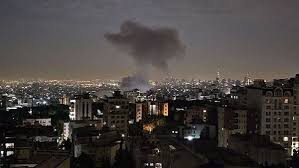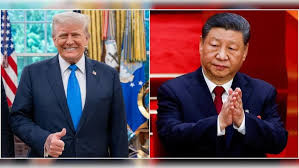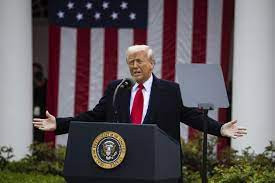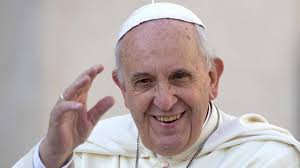WAQF Amendment Bill, WAQF protest news, WAQF law India, Muslim protest WAQF, WAQF property rights,

The passage of the WAQF Amendment Bill into law has sparked a wave of protests across several states in India, with members of the Muslim community, opposition political parties, and civil rights groups voicing strong objections. The amendment, which alters the functioning and oversight of WAQF boards, is being seen by critics as a direct assault on the autonomy of Muslim religious institutions and an attempt by the central government to exert control over community-managed properties. What began as scattered demonstrations has quickly turned into a unified call for the repeal of the law, which many claim violates both the spirit of religious freedom and the federal structure of the Indian Constitution.
In Kolkata, thousands gathered in protest under the banner of the West Bengal Jamiat-e-Ulama, calling the law unconstitutional and harmful to communal harmony. Religious scholars and clerics leading the protest accused the government of targeting the Muslim community under the guise of transparency and reform. Maulana Siddiqullah Chowdhury, a prominent voice in the movement, stated that the WAQF Amendment Bill is not just a policy change but a message that the government is willing to undermine minority institutions for political gain. He urged the central government to withdraw the legislation and warned of escalating unrest if the concerns of the community continued to be ignored.
The protests have also found support in political corridors, with West Bengal Chief Minister Mamata Banerjee condemning the bill as an infringement on state powers and religious rights. She criticized the central government for not consulting state authorities before introducing legislation that directly impacts local governance and religious endowments. Banerjee questioned whether the true intent behind the amendment is to appropriate WAQF lands, which hold significant historical and economic value in many regions.
In other parts of the country, similar scenes have unfolded. From Delhi to Hyderabad and Mumbai, protesters have taken to the streets demanding the bill be repealed. Demonstrations have included both peaceful marches and sit-ins, with participants carrying placards and raising slogans against what they describe as authoritarian overreach. Political leaders such as Asaduddin Owaisi, along with legal scholars and social activists, have also criticized the law, stating it erodes the community's right to self-govern and manage its own religious and charitable assets.
The central government, however, maintains that the bill is a necessary step to address corruption and mismanagement within WAQF institutions. Government officials have argued that improved oversight and a more structured legal framework will benefit the community in the long term by ensuring accountability and preventing the misuse of WAQF properties. Despite these assurances, the growing unrest and widespread criticism indicate a deepening distrust between minority communities and the state.
As legal challenges are prepared and opposition parties vow to fight the law in Parliament, the WAQF Amendment Bill is poised to become a major political and social flashpoint. In a nation where religious identity and governance often intersect in complex ways, the ongoing protests reflect a broader anxiety about the safeguarding of minority rights and the autonomy of religious institutions in the face of expanding state control.
You might also like!



